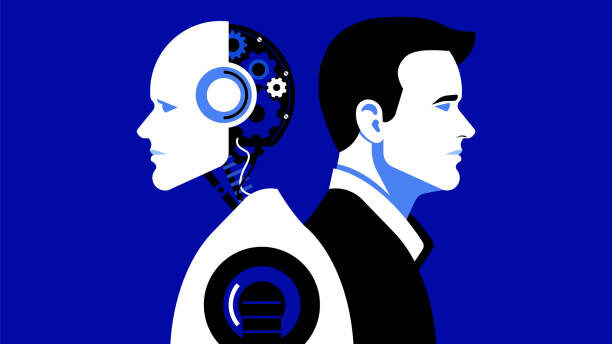
Since ChatGPT started the trend of widespread AI-based chat platforms, tech companies, big and small, have put great efforts on how to implement their own similar services in hope to appeal more to the audience.
Meta is one of the best examples of this – involving their assistant, Meta AI, and functionalities like AI Studio. Furthermore, one of their attempts has been the notorious promotion of the addition of AI-based bots users can chat with to Instagram, their social media platform of highest popular involvement.
In 2023, Meta started to give visibility to its then-new AI chatbots — basically automated celebrity profiles that used big names for promotion. Famous celebrities, e.g. Kendall Jenner, gave Meta permission to use their name and appearance. Thus, the initial purpose of social media platforms to offer services allowing their audience to engage in real connections, started a shift towards the acceptance of human-machine interaction masked as human to human. The general audience had a reluctant response to this shift, so after summer 2024 this feature was stopped to be promoted. Nevertheless, some of these “official” fake profiles can still be found.
Meta’s AI Studio is still open to people to fabricate an artificial persona able to hold chats, though, among its other functionalities.
Whilst initially another commercial strategy in order to generate constant content for the platforms without needing to rely in human effort, this phenomenon incidentally contributes to the conspiranoid “Dead Internet” theory. The “Dead Internet” theory is the belief that the vast majority of internet traffic, posts and users have been replaced by bots and AI-generated content. This is especially notorious in forum-like platforms such as reddit, where constant reposts and bots, trying to spark new content periodically, appear to interact not only with real users but also between them.
Although initially benign and controlled, company-promoted profiles fundamented on AI models distinguish themselves poorly from fake profiles managed by social botnets. Their presence and paulatine intrusion in the daily social experience ultimatively taints human relationships and lower confidence in the internet as a free, democratic, inclusive place – it is to be seen if the massive inclusion of AI models everywhere is preferable to platforms that offer reliability in their usage. Especially when talking about socialization and humanity.
Miguel Antonio Barbero Álvarez, PhD, Universidad Politécnica de Madrid
